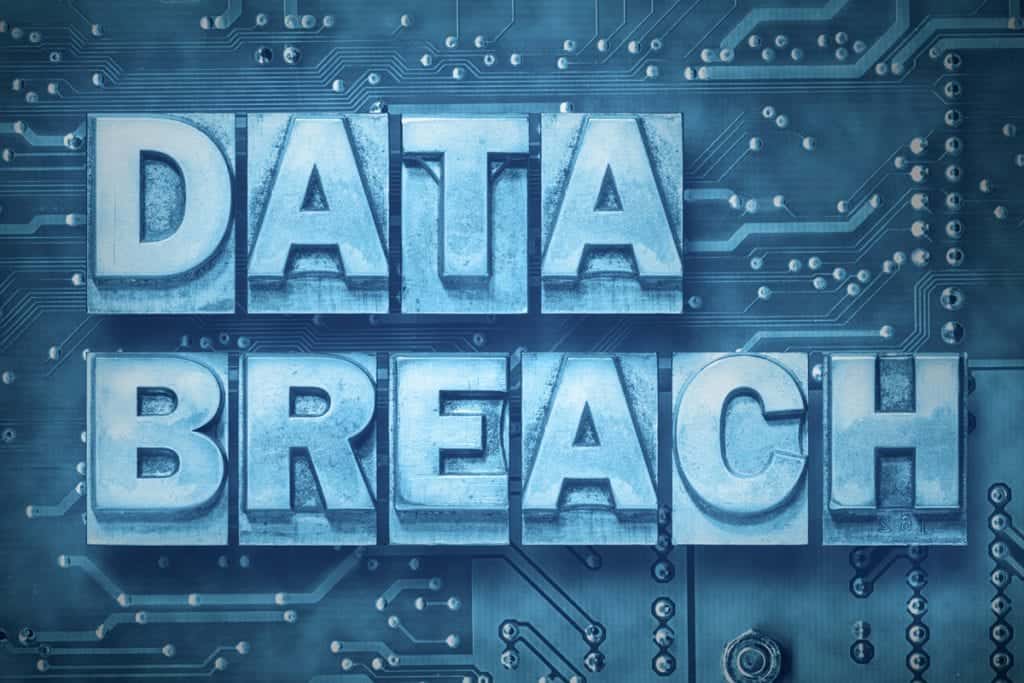
Although it wasn’t technically a breach, 50 million Facebook users had their information accessed without consent in the run-up to the 2016 US presidential election. Thousands of users made a point of deleting their accounts to protest the news, while Facebook took out hundreds of full-page advertisements in Sunday newspapers across the U.S. and U.K. to apologize.
The ripple effect of older data breaches reverberated, as well. The Department of Health and Human Services Office for Civil Rights recently launched an investigation into the 2016 Banner Health cyberattack that exposed the data of 3.7 million patients at 27 locations. The travel website Orbitz announced that hackers may have gleaned the credit card info of 880,000 customers between January and June of 2016. And a lawyer in Las Vegas sued Equifax to try and make the credit reporting bureau pay for the millions of identities stolen after its 2017 breach.
This goes beyond simply creating strong and unique passwords that use a random mixture of upper and lower-case letters, numbers, and symbols. It also includes smart management of the passwords you create: using two-factor authentication whenever possible, employing a password management tool, and monitoring social media accounts and email addresses (especially those you don’t use very often) for unusual activity.
Guess what? It probably does. How long could your business operate without its critical information? How quickly would you need it to be recovered to bounce back from a catastrophic event? Studies show that backup and disaster recovery are integral to business success—the Small Business Administration estimates that 45% of companies that suffer from data loss never recover.
A recent report by Redspin found that 98% of protected health information leaks are caused by IT incidents—NBC News claimed that one in three Americans had their health records compromised without even knowing it. That means hackers are working harder than ever to steal sensitive information, especially in the healthcare realm, where one stolen record can sell for 10 times as much on the black market as a stolen credit card.
Comprehensive data security is difficult to achieve, but in this day and age, it’s more important than ever. From desktop and laptop computers to mobile devices and data storage drives, your technology deserves overall protection. If you want to know more about the recent wave of data breaches and how it affects you and your business, contact CMIT Solutions today. We worry about IT so you don’t have to.
